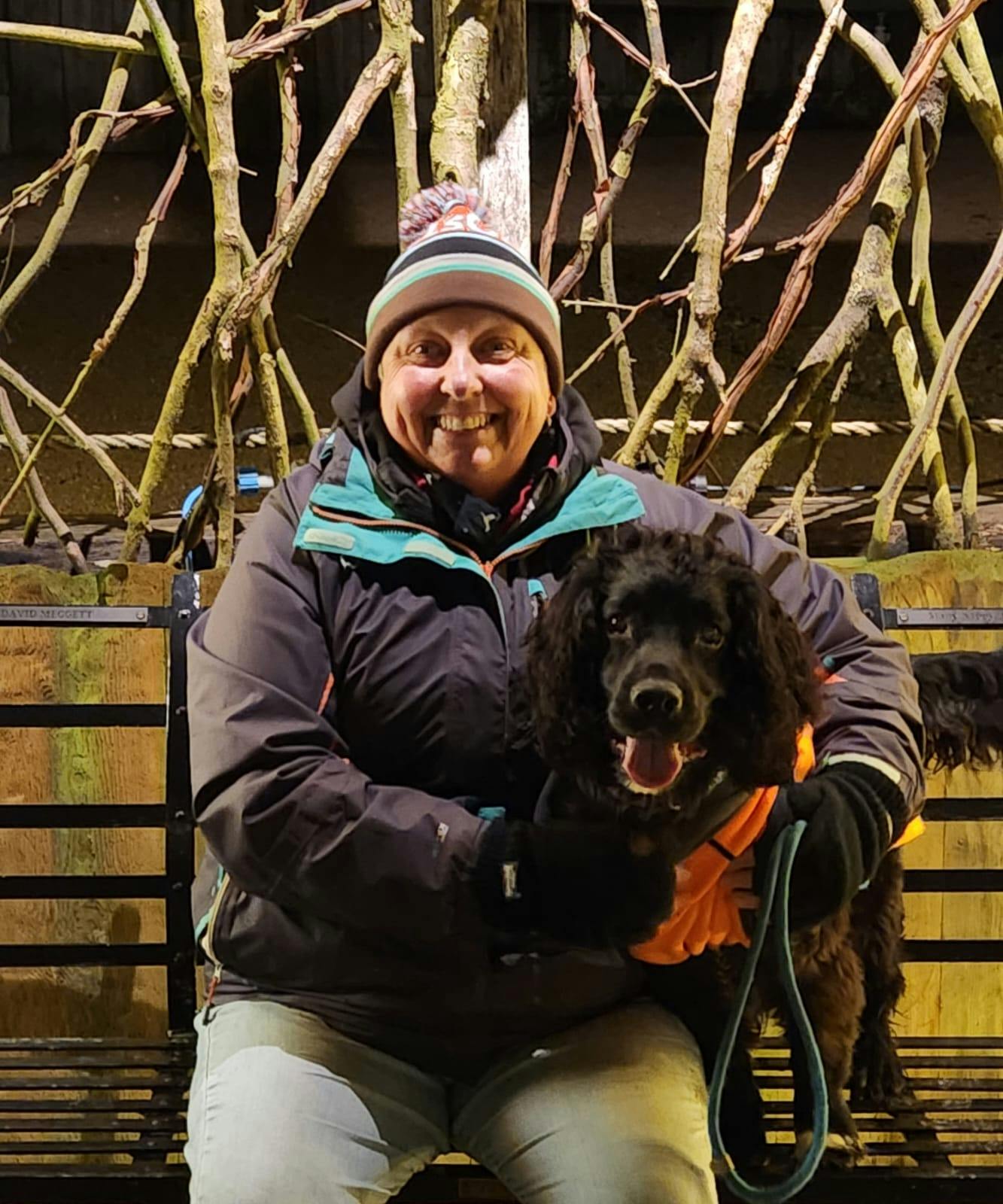The Royal Society of Chemistry and Education Business Partnership

RSC Project!
We're back for Season 2025-2026!
Chemistry is at the centre of everything you can see, smell, touch and taste.
Whether studying the chemistry of life, or developing the advanced science behind modern technology, chemical scientists use their expertise to improve our health, our environment and our daily lives.
The Royal Society Of Chemistry bring people together to spark new ideas and new partnerships. The Education Business Partnership (EBP) are one of these partnerships and with their support we have been able to offer a selection of schools a programme aimed to inspire future generations of scientists.
The collaboration between Cornwall Education Business Partnership and The Royal Society of Chemistry marks an exciting initiative aimed at cultivating and nurturing the potential of students with a keen interest in STEAM-based industries.
Through this partnership, we aim to inspire and ignite a genuine passion for the chemical sciences by providing pupils with immersive and interactive educational experiences. Our focus is on helping pupils recognise their true potential and guiding them towards a path of achievement in STEAM fields.
Our mentoring program is designed to assist pupils in identifying and harnessing their strengths, providing them with valuable guidance and support as they navigate their educational and career journeys.
The programme is aimed at year 9 pupils. It will be run through small group sessions and target pupils who are at risk of not going into further education or gaining employment post 16.
 Chemistry Careers
Chemistry Careers



